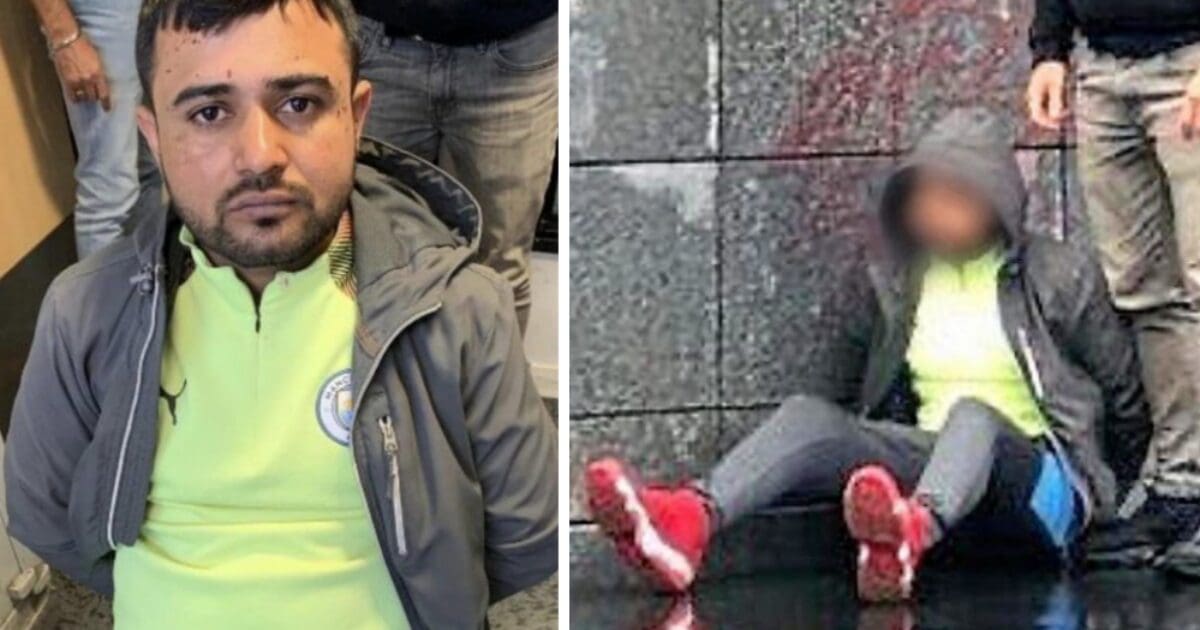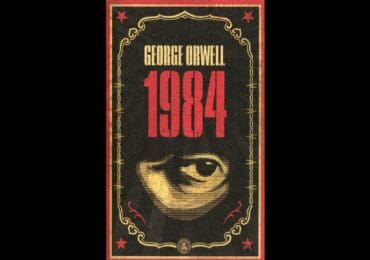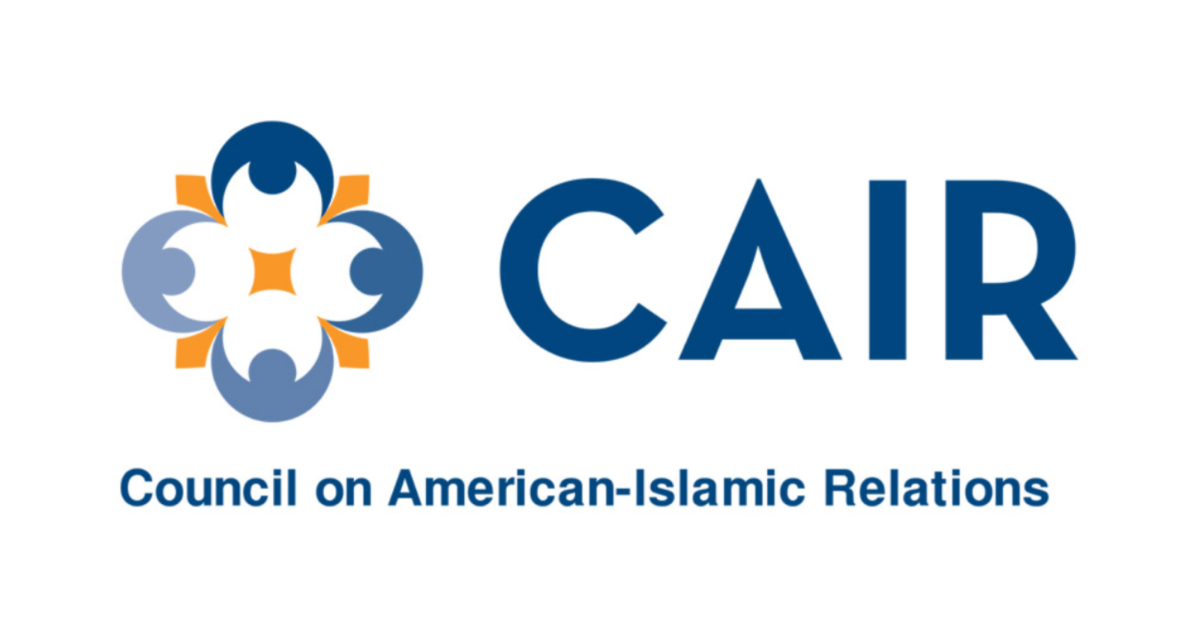The trial of Zaheer Mahmood, the Pakistani terrorist who brutally attacked two individuals with a meat cleaver near the former offices of Charlie Hebdo in Paris, begins tomorrow. Mahmood, now 29, faces charges of attempted terrorist assassinations and criminal terrorist conspiracy. Alongside him, five Pakistani co-defendants, accused of motivating and supporting his actions, will also stand trial.
The horrific Islamic attack occurred on September 25, 2020, in the shadow of the 2015 Charlie Hebdo massacre trial. Mahmood, fueled by rage over the magazine’s republication of caricatures of Muhammad, carried out the act, believing he was targeting Charlie Hebdo employees. The satirical publication had relocated following the 2015 jihadist assault that claimed 12 lives.
Unaware of the move, Mahmood targeted two employees of the Premières Lignes agency, who were standing under a porch smoking a cigarette when he attacked them with butcher’s cleavers, striking their heads and necks. Both were seriously injured but survived.
A Premeditated Attack
On that fateful morning, Mahmood arrived on rue Nicolas-Appert in the 11th arrondissement, armed with a butcher’s knife, and viciously attacked two employees of the Premières Lignes news agency. Surveillance footage revealed his chilling precision, striking his victims on the head and neck. Fortunately, both survived.
In police custody, Mahmood expressed no remorse, stating, “What I did was good. I feel better. I think they were well punished. We don’t make fun of religion.” His religious commitment to Islam and his dedication to martyrdom were evident as he described his desire to “die a martyr” for his faith.
Islam prescribes death for detractors. Under Sharia, those who insult Muhammad or Allah are to be executed. So are those who desecrate the Quran or commit other acts of blasphemy. This tradition began with Muhammad, as recorded in the Hadith and by his biographers. There is also a Quranic basis for it.
Investigators uncovered a meticulous plan, including multiple reconnaissance visits to the attack site and the purchase of weapons. Mahmood also arranged for the attack to be recorded and shared online, seeking to inspire similar acts of violence.
Radicalization and Accomplices
The trial also examines the role of Mahmood’s five co-defendants, who allegedly supported what they viewed as a religiously justified attack. Forensic analysis of telephones and computers linked the group to Islamic sermons advocating violence against “blasphemers.” The investigation revealed that these men regularly exchanged videos of sermons explicitly promoting beheading for those who insult Islam, reinforcing Mahmood’s sense of religious duty. Regular communication among the accused demonstrated a coordinated effort to incite and carry out jihad, consistent with their shared belief in fulfilling Islamic prescriptions.
Three of the defendants were minors at the time of the attack, but since all are now adults, the juvenile assize court may hold the trial in open court. The final decision on whether the trial will be held publicly or behind closed doors will be made at the opening of the hearing.
Defense attorneys claim limited involvement for their clients. Moad Nefati, representing one co-defendant, stated, “My client was merely a roommate and had no knowledge of Mahmood’s intentions.”
A Global Reflection of Extremism
Mahmood’s actions mirror widespread outrage in Pakistan following the republication of Muhammad caricatures. Protesters across the Muslim world, including Mahmood’s homeland, applauded the attack.
His father, Ali Hassan, openly expressed pride in his son’s attack, framing it as an act of devotion to Islam. “I request the Pakistani government to bring my son home,” he stated. “He served Islam, and we are a Muslim country.”
Mahmood was described as a devout follower of Muhammad Ilyas Qadri, the founder of the Dawat-e-Islami organization, known for establishing Quranic schools across Pakistan and other nations. His adherence to this ideology, coupled with his regular prayers, highlights the religious fervor that drove him to violence.
Attaque de #CharlieHebdo : “Tout le village est extrêmement fier de ce qu’il a fait !” 😨
— Damien Rieu (@DamienRieu) September 30, 2020
Cette vidéo prouve qu’il est URGENT de mettre fin à TOUTE l’immigration pakistanaise MAINTENANT. ⚠️ pic.twitter.com/r0NAzypMUn
France continues to grapple with the specter of Islam, as this case revives painful memories of past atrocities, including the 2015 horrific Islamic attacks on Charlie Hebdo, a kosher supermarket, and the Bataclan Theater.
The Battle for Free Expression
As the trial unfolds, it serves as a sobering reminder of the ongoing battle for freedom of speech in the face of an Islamic willingness to murder those who challenge its primacy. The bravery of Charlie Hebdo in republishing the caricatures, knowing the risks, was a powerful statement about the importance of being able to criticize or even mock authority of any kind, whether political or religious.
The trial, which coincides with the 10th anniversary of the original Charlie Hebdo Islamic massacre, is expected to last several weeks. It will test not only the justice system but also France’s resolve to stand firm against the massive threat of Islamic terrorism, much of which has been imported into the country.














Add comment